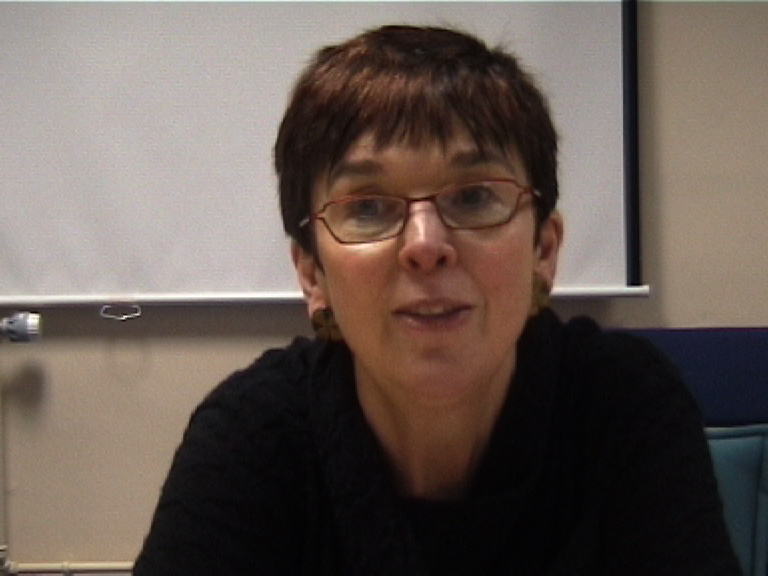Policy and Reform
Flexible curriculum 14 - 19
Linda Parker on optionality: the consequences for Modern Languages study in key stage 4
This seminar is offered in the light of the significant findings of the Language Trends (2006) survey carried out by CiLT in partnership with ALL and ISMLA. The research investigated provision and take-up of Modern Languages at key stage 4 in schools in England. The most recent 2007 Language Trends secondary survey has confirmed that the issues raised in the 2006 survey remain highly relevant to the future of languages teaching and learning in this country.
The seminar consists of 4 parts:
Part 1: Introduction to the main issues
Part 2: Background to the research
Part 4: Adding to the national research base via ITT MFL
Part 1: Introduction to the main issues
Linda Parker, Director of the Association for Language Learning (ALL), responds to seven key questions raised by the 2006 trends survey on provision and take-up of Modern Languages study at key stage 4.

Clip 1: What are the trends in terms of numbers of pupils studying MFL in key stage 4?
- View (2,557KB)
If you do not have QuickTime click here to download it for free.
Clip 2: Are schools hitting the Government’s target of between 50% and 90% of pupils taking a language qualification at Key Stage 4?
- View (2,249KB)
Clip 3: How does provision and take-up compare in the independent and maintained sectors?
- View (2,713KB)
Clip 4: Is the promotion of post-14 language learning in schools effective?
- View (2,826KB)
Clip 5: Is there sufficient choice with regard to assessment at 16?
- View (2,158KB)
Clip 6: Is there evidence of methodological change which might motivate pupils to opt for post-14 MFL study?
- View (2,406KB)
Clip 7: Is ‘optionality’ for key stage 4 study having an effect on provision and take-up for languages in sixth forms?
- View (2,373KB)


